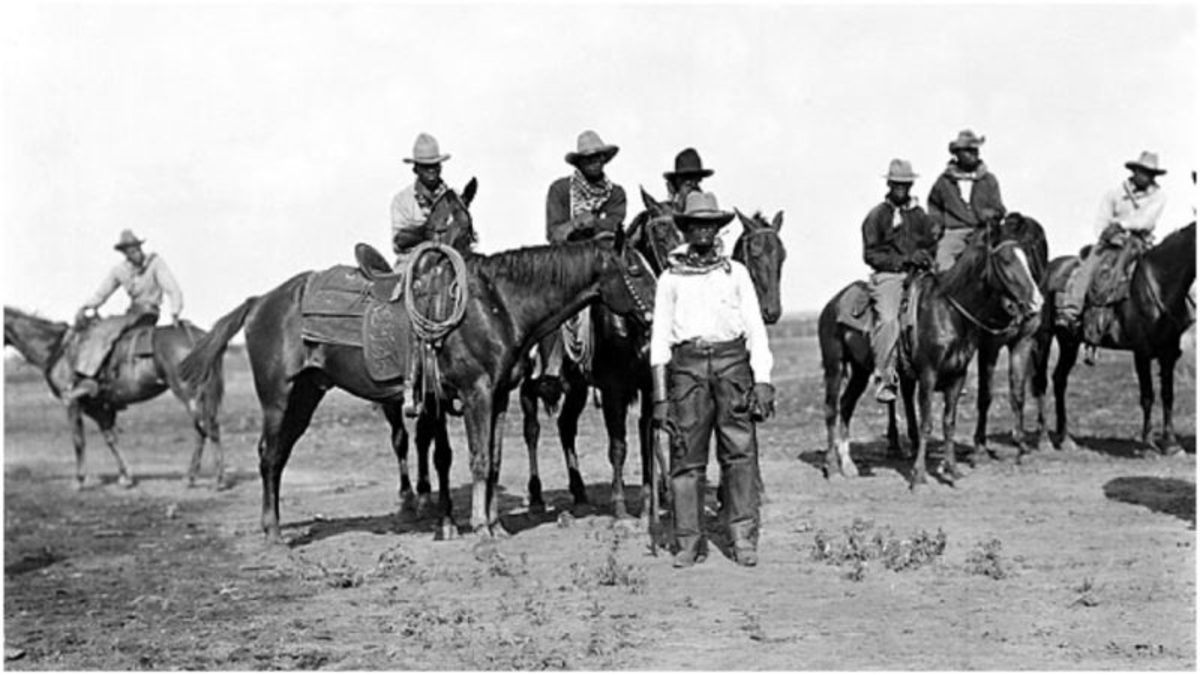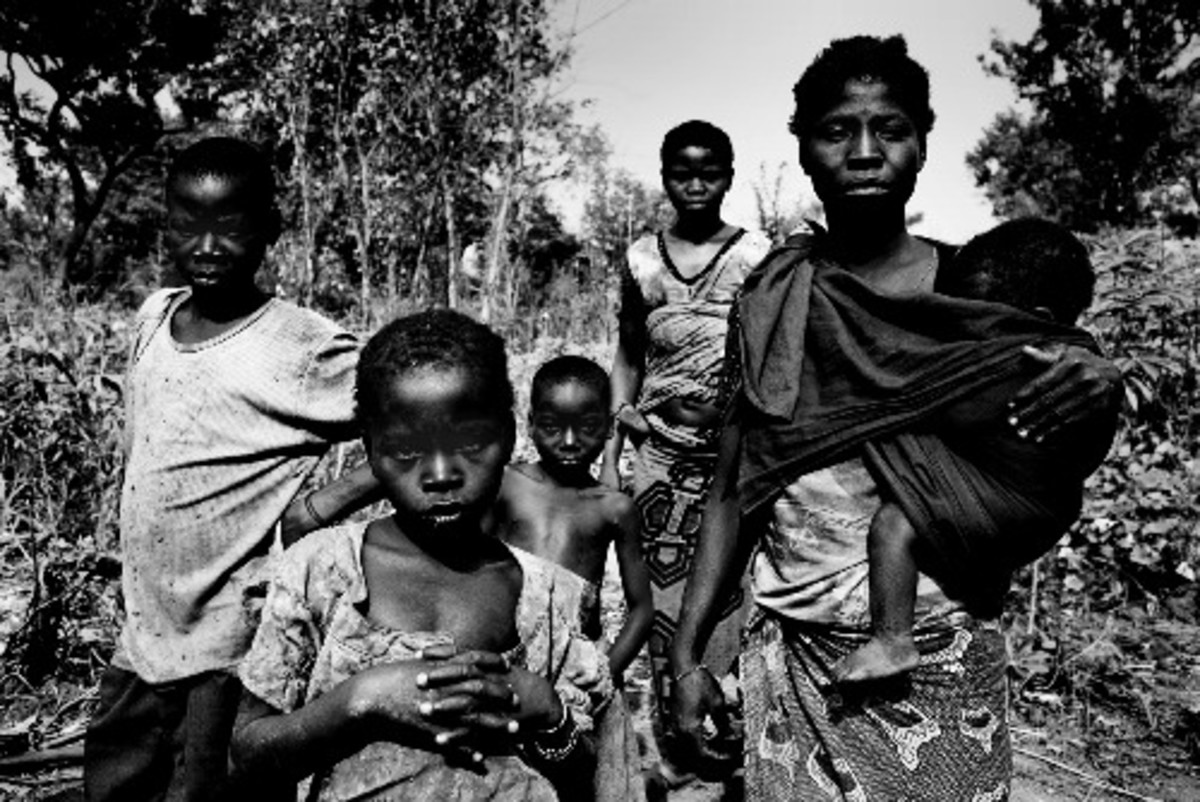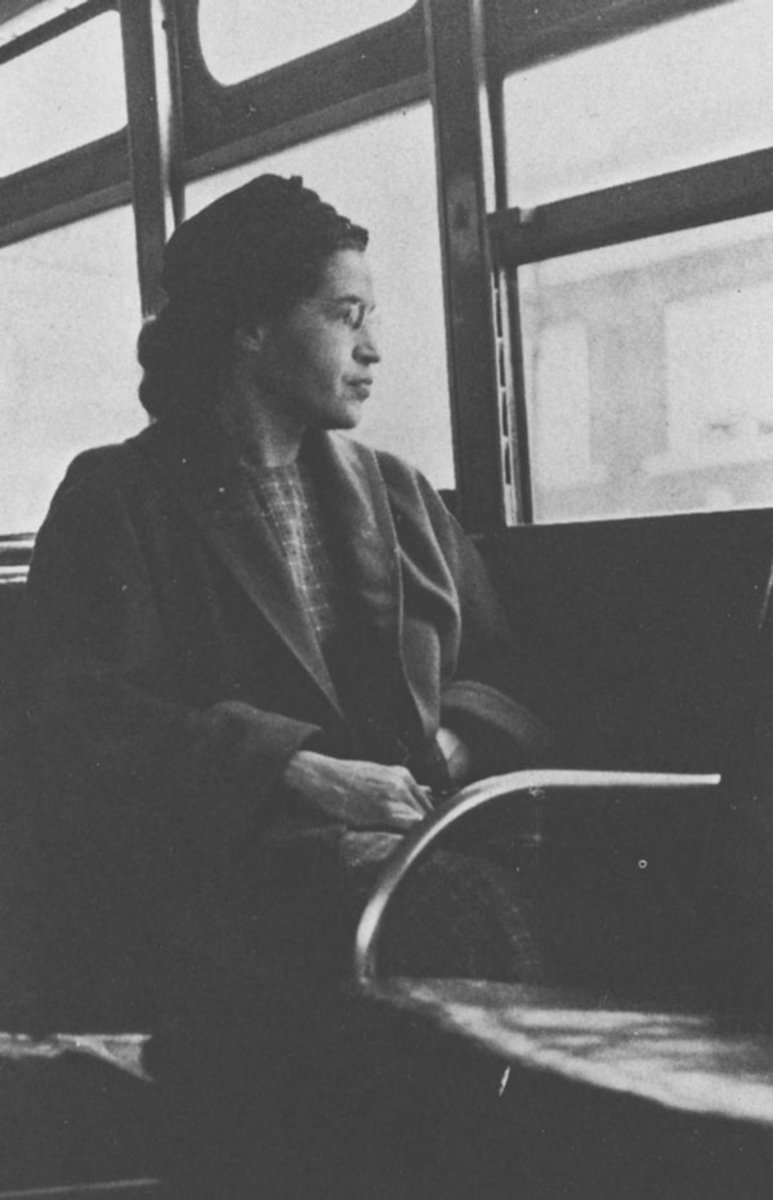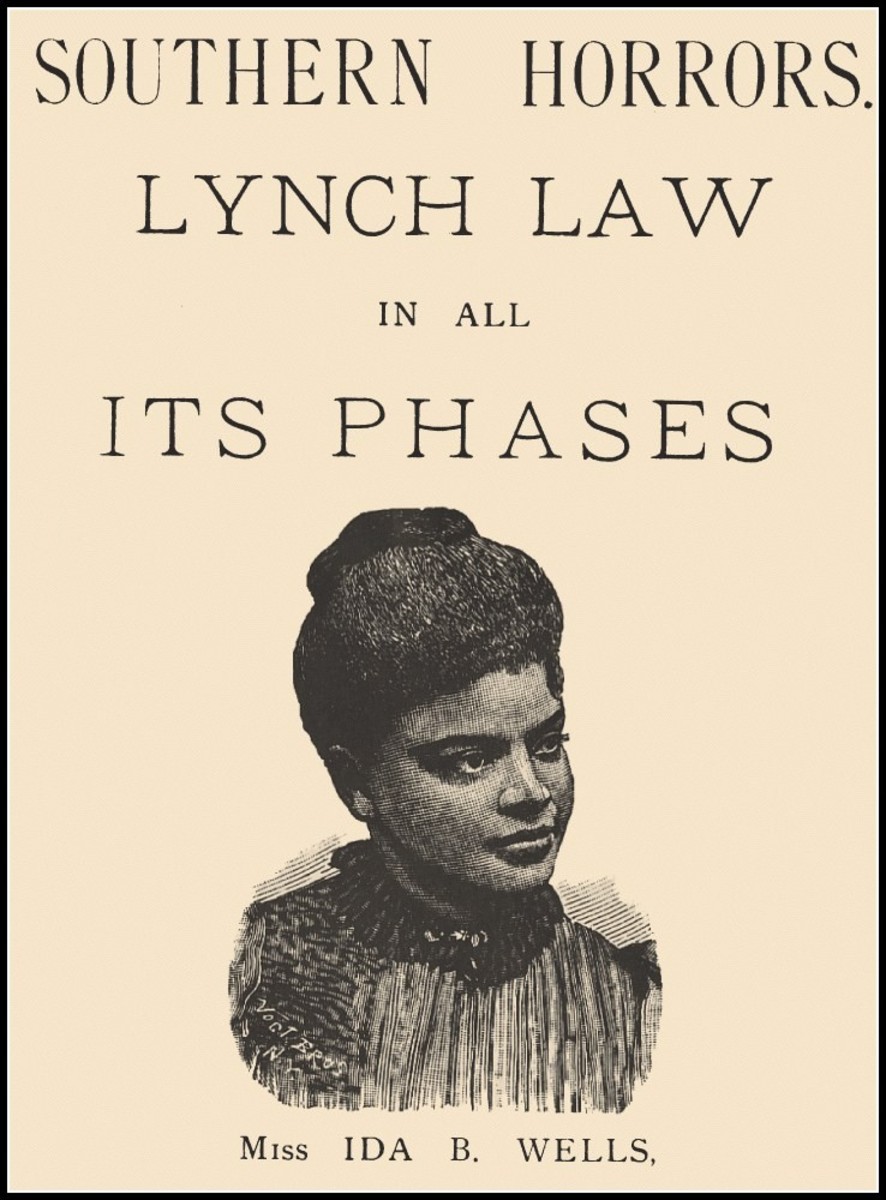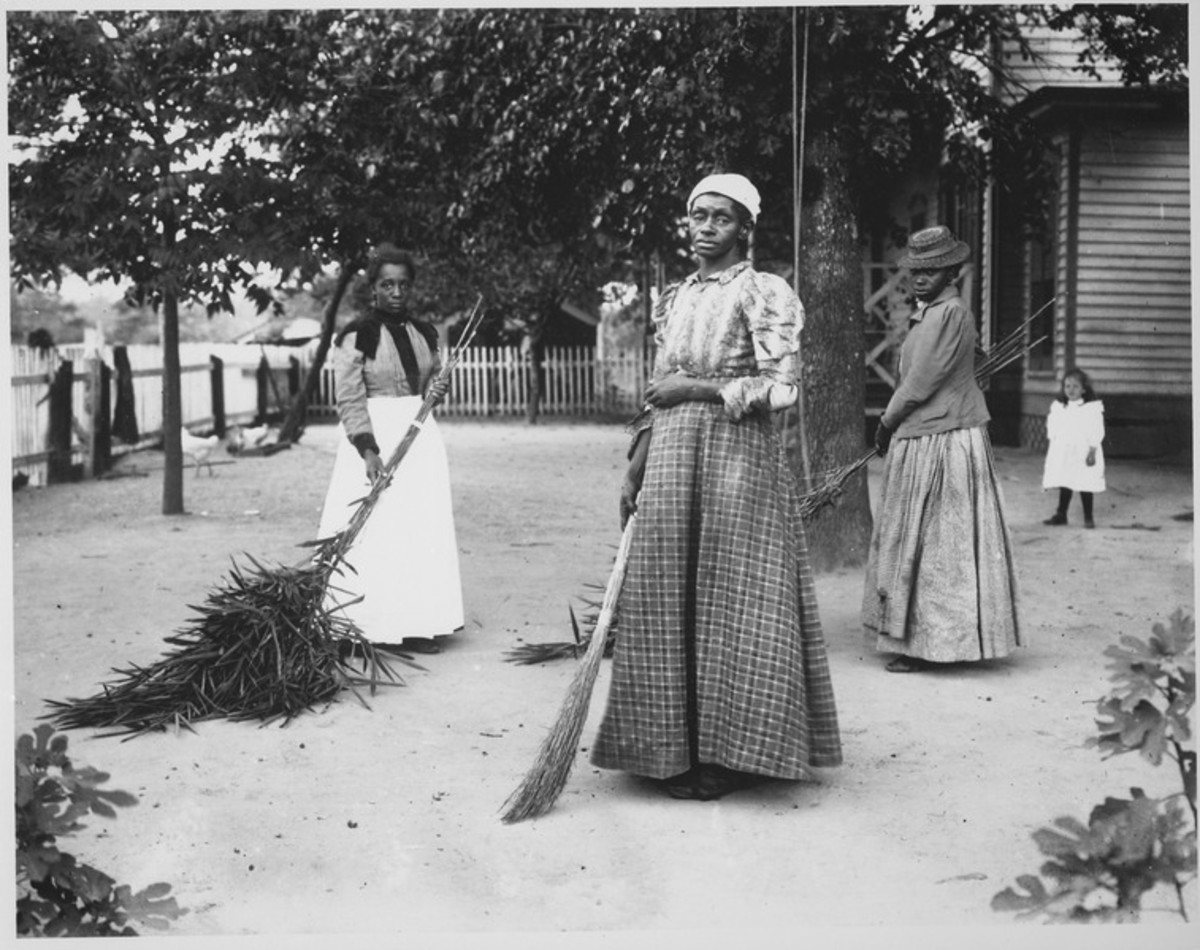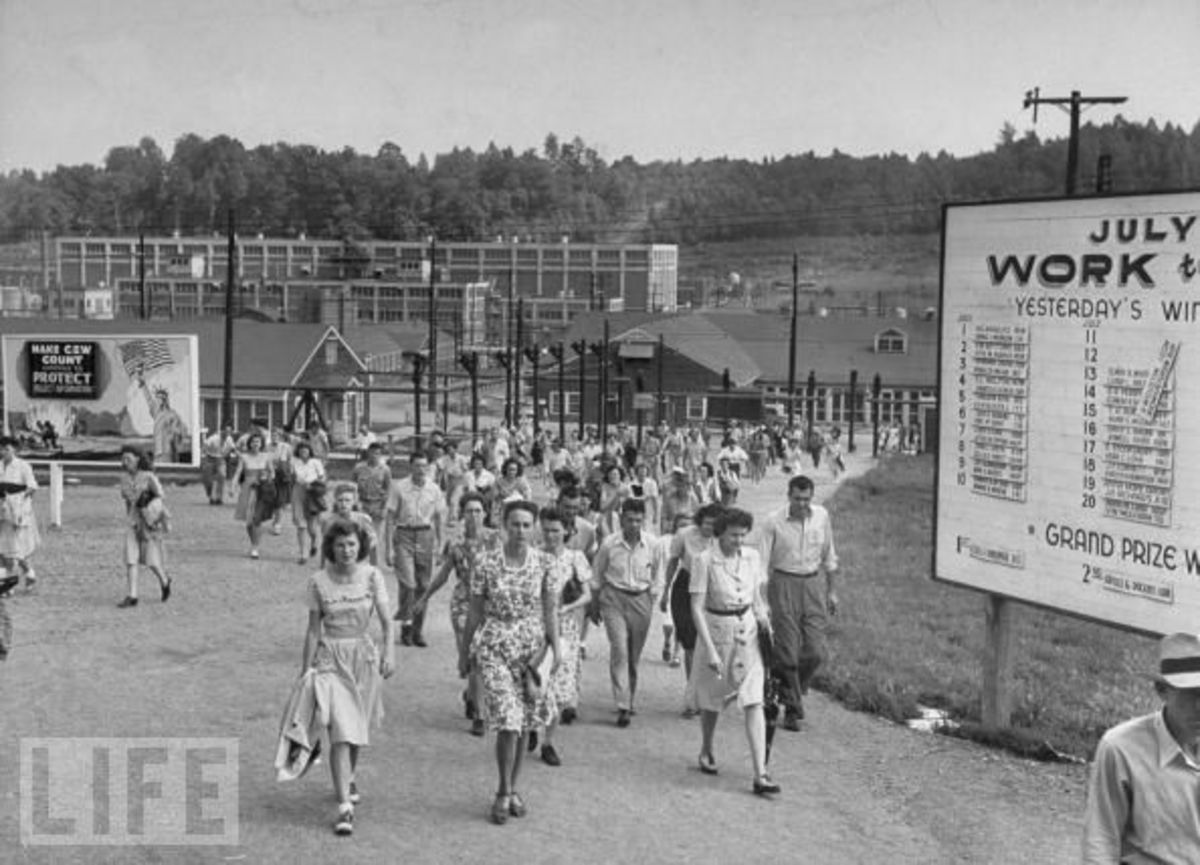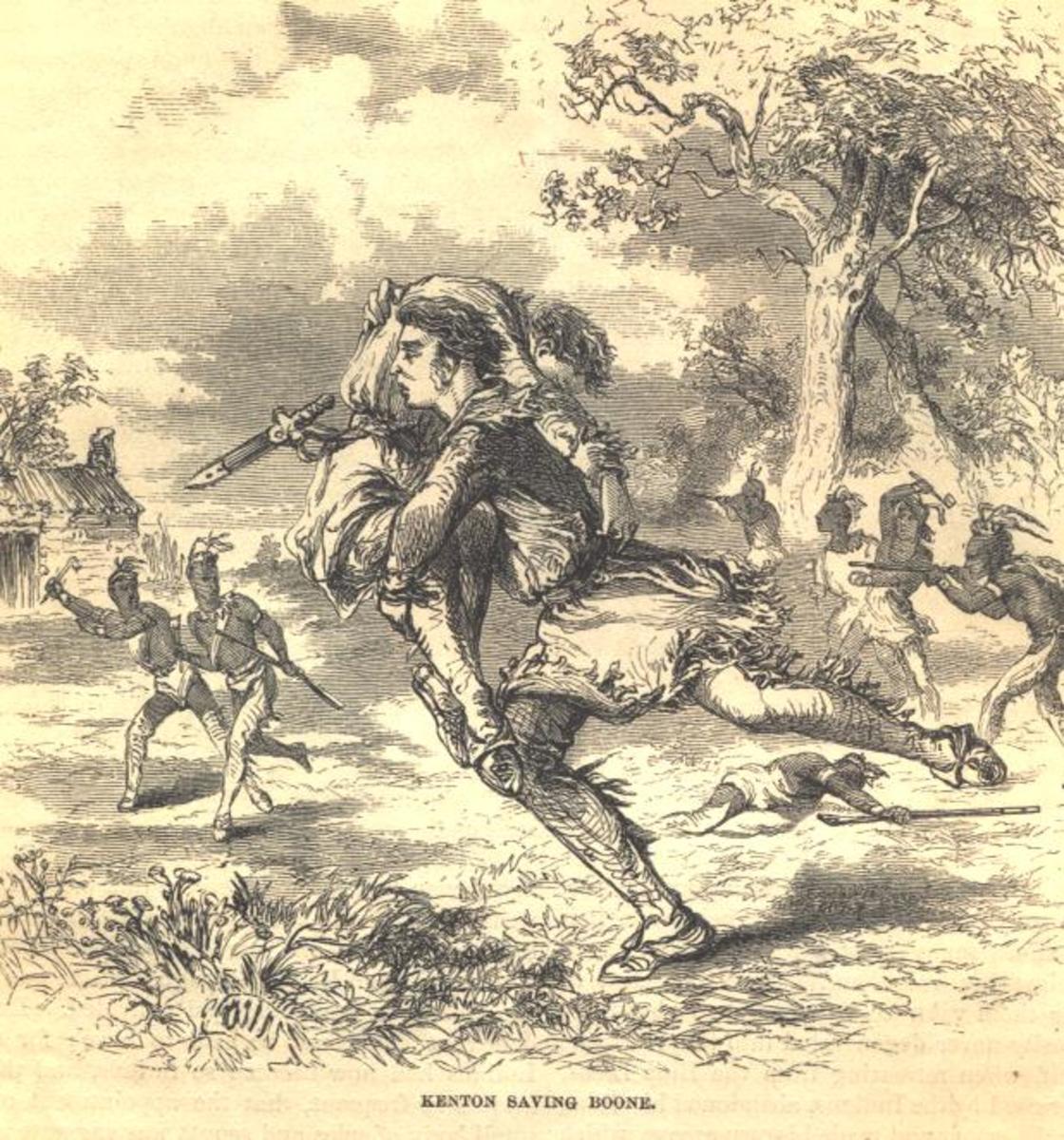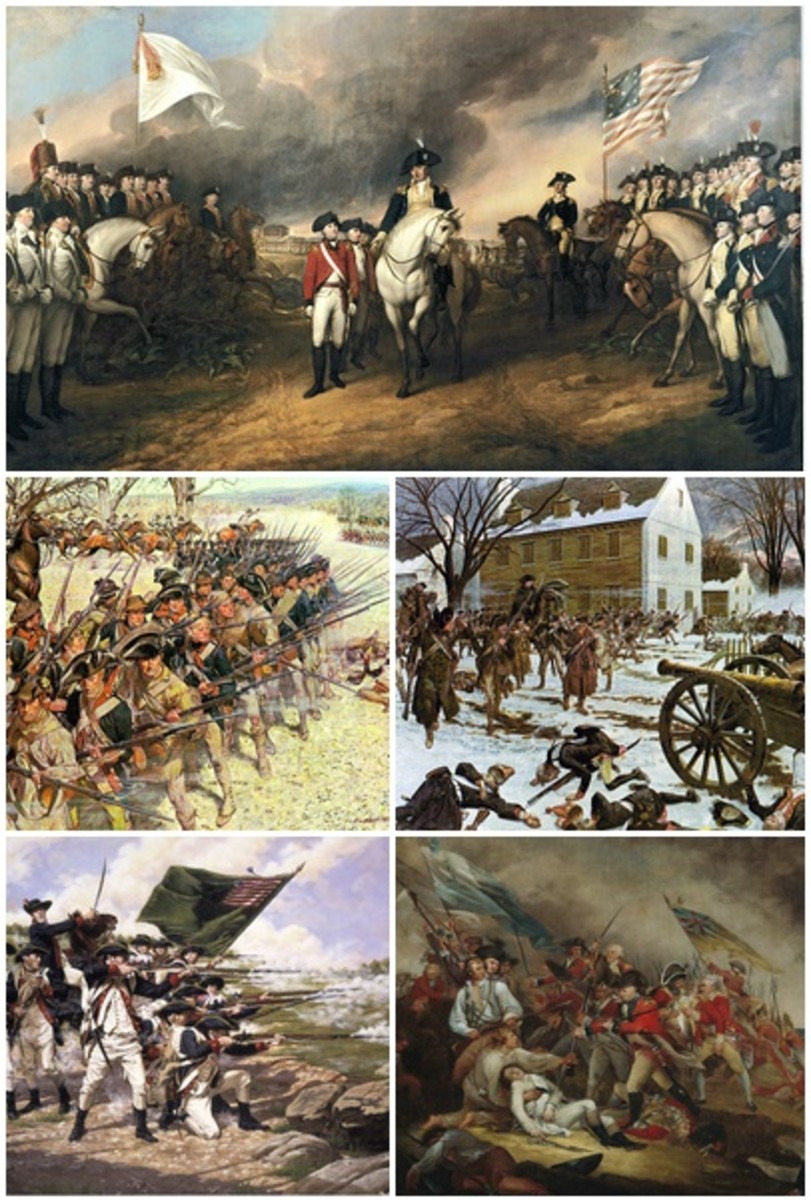- HubPages»
- Education and Science»
- History & Archaeology»
- History of the Americas
A POST RECONSTRUCTION PLAY PART 2
Many Men
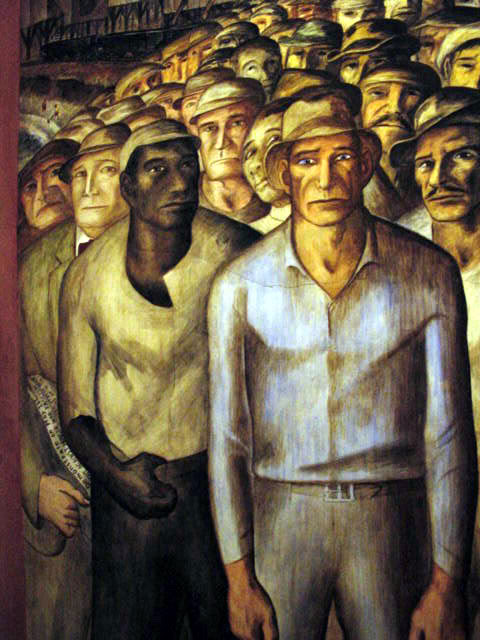
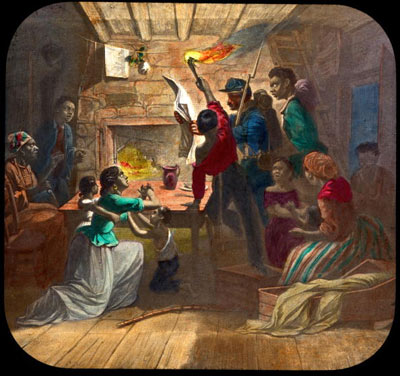
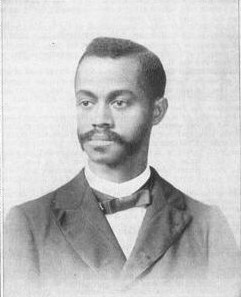
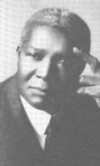
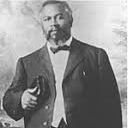
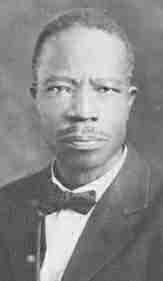
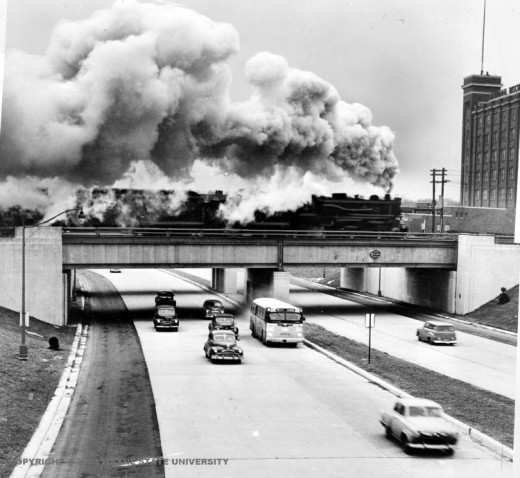
A Strange Freedom
Scene 5 From Slavery vs. Peonage Freedom Indeed/Nottt!
Narrator- This just in. We are on the move. (pause) This just in we are under a new system not that different from slavery. Let’s examine, you be the judge. After the Emancipation Proclamation Black people were left, jobless, homeless, without property creating a new system of enslavement. In this web of deceit exploitation and oppression occurred. Until WWII thousands of black men were arrested often under the guise of a minor offense and they were required to pay exorbitant fines that they could not afford. When they didn’t pony up the dough, they were sold to businesses and forced to become laborers in coal mines, lump camps, railroads and plantations. There were Black codes enacted by state legislatures to intimidate Blacks and support the peonage system. In short, Blacks had to take any job that came along or face imprisonment, forced labor. Authorities didn’t bother with rationale. The prisoners were forced into servitude. Just 45 short years after Emancipation Proclamation, one thousand Black men were working in a coal mine near the edge of Birmingham, Alabama, arrested on frivolous charges and released to US Steal to work in the mine. The state was compensated for the labor not the imprisoned. The new system doomed families to perpetual poverty, ignorance, and poor health, conditions that will surely plague there future generations. Women were unable to support their children, therefore, they were made the plantation owners legal apprentices until 21. Lynching was much more prevalent after the emancipation. This era unleashed horrors, public lynches were to intimidate an observer Henry Turner said, “Until we are free from the menace of lynching, we are destined to be a devastated people. Lynching was bad not only for the victims but the environment as well. It damaged the entire culture; it poisoned the shallow well of good feeling between the races.” (end scene, music I go to work.)
Scene 6: Civil Rights & Civil Disobedience?
Southerner 1- I am sick and tired of this. I can find a good job besides the mines and railroad with nickel and dime the hell out of us. If I resist this system I am beat or lynched without end. The south is not for me. I need a fresh start a new beginning. Anything has got to be better then this. I feel like the Hebrews of the old Testament. You know Moses got to go.
S 2- Where you gone go?
S1- Up North! I got a cousin who left and he says things is much better and when he get established I can stay with him. There is a labor crisis here for crying out loud.
S2 -I know, times is hard, but my uncle told me that so many blacks moving up North has resulted in job shortages up there.
S1- I got to go.. I just can’t take it here no more.
S2- but if what my uncle said is true you not gonna have nothing and you will go hungry.
S1- any hungrier than I am now?
S2- lest you got family here that is established some.
S1- Got family there too.
S2- see this here paper look. Its the Atlanta Constitution it says, “the heaviest migration of Negroes has been from counties from which there have been the worst outbreaks against the Blacks. A mass migration from Greene County followed a lynching in 1920.”
S1- Well look at this, the Defender says, “The black owned Chicago defender is to blame. They are the culprits, outside agitator. This paper always talking good bout blacks it talks about all the horrors and lynching reason why I’m leaving.
Southerner 3- What yawl over here huff in bout?
S2-The great migration…
Southerner 3- Well I heard from the Macon Telegraph that there is economic danger in this here great migration. Just cause all them negroes moved up north, don’t mean the jobs tripled, too. That’s like trying to fit a weeks worth of clothes in a change purse. It ain’t happening. Anyway they said that everybody seem to be sleep about what’s going on under their noses and when they wake up every negro male under 21 is gone be in Cleveland, Pittsburg, Chicago, and Indianapolis? (laughs)
Southerner 2- They ain’t hardly gone let you leave now.
Southerner 3- Damn right! I heard the law harassing folks trying to leave.
Southerner 1- How they gone stop me?
Southerner 3- They patrolling railroad stations and taking tickets of blacks. I heard they forced off over 1000 blacks.
Southerners 2- No for real. I guess black life is as cheap as it was during slavery.
Southerner 3- Know ya’ll heard about what happened to James Waters trying to go from one property to another. Dead now.
Southerners 2- What you think them white folks gone do now? I heard Robert Moton the Tuskegee President say it cost Georgia 27 million dollars, this great migration. Wonder what they gone do next? (end scene)
Scene 7: 2 Narrative tells
Narrator1- Whites began to improve the economic and living conditions of the black who stayed. Robert Horton, black barber recruited nearly 40 men and women to migrate to Chicago. There were, however problems in the North, such as poor housing and frequent job discrimination. There was also intra-racial tension between Northern black not wanting to associate with their Southern cousins and the same was in kin in the church. The northern, larger, wealthier church distanced itself from Pentecostalism and Holiness.
Narrator 2- Exactly Julia Hutchins and a small group began their own church out of these very circumstances in Los Angeles for the beliefs and practices in Holiness. William Seymour came and preached and taught that speaking in tongues was evidence of the baptism of the Holy Ghost. He was given by the Ash berry’s and Lee’s the opportunity to preach and seek refuge.
Narrator 1-Seymour reportedly prayed for Mr. Lee’s deliverance from some health issues and he was healed and speaking in tongues. The news spread and huge crowds came to hear him speak. A building which was formerly the first AME church later a livery stable at 312 Azusa Street became available and they meet at the 750 seated location. This folks birth the beginnings of the modern day Pentecostalism. it lasted for 1000 days and seven days a week and has reach more than 50 nations. Glory Be!
Narrator 2- Hallelujah! In 1907 Charles H. Mason the COGIC founder attended the Azusa Street Revival and received the baptism of the Holy Spirit and spoke in tongues. He alongside Charles Jones founded the COGIC after being kicked out of the Baptist Church for their teachings but when Mason came back speaking in tongues from Azusa Jones left and started the Church of God Holiness.
Narrator 1: The Azusa Street Revival began by small of Black birthed the COGIC denomination, and began the birth of modern Charismatic and Pentecostal Movements. Also resulted in the predominantly white Assemblies of God, which split from COGIC in 1914. Store front churches results due to the discomfort of Southern blacks. There were some Churches that welcomed them as well such as Pastor l. Bailey’s church 2nd Baptist Church in Detroit that started training classes and educational institutes and feeding programs and even credit union, etc.
Narrator 2- The large influx however of blacks from the south as well as Europeans increased so did the level of competition for employment and racial tensions soon began to surface. There was an arrangement between Henry Ford and Rev. Bradley that Bradley was to help manage the situation defusing the tension amongst Blacks and Henry would then hire the “good Negro workers” (emphasize quotes) This points to a corporate paternalism between black churches and Henry Ford. One could say he used the black churches and migrants in Detroit to impede the progress of labor unions.
Narrator 1- That explains the annual contributions to the African American churches. You scratch my back I’ll scratch yours. You do realize that this mean for the first time in the history of America, the black population was predominantly urban vs. rural. The largest numbers northern and not
southern. What a switch up! Consequences of such were: the weakening of the oppressive race relations that emerged during chattel slavery and Reconstruction.
Narrator 2- Also a greater participation by Blacks in the national economy and politics. Barrack Obama. (raise fist) An increased recognition and appreciation for African American culture. (say it loud I’m black and I’m proud) and forcing social and political leaders of the nation to confront the racial oppression of Blacks. So now white businessmen used black ministers to recruit respectable Negroes.
Narrator 1- It came at a cost though. The traditional prophetic voice of the Black Churches was often silenced, and the stage was set for widespread corruption and abuse of prestige and influence of church. Prosperity gospel vs. social gospel.. Hmmmmmmmmmmmm.
This is the end of Part 2 Stay tuned for Part 3 & The Conclusion!


